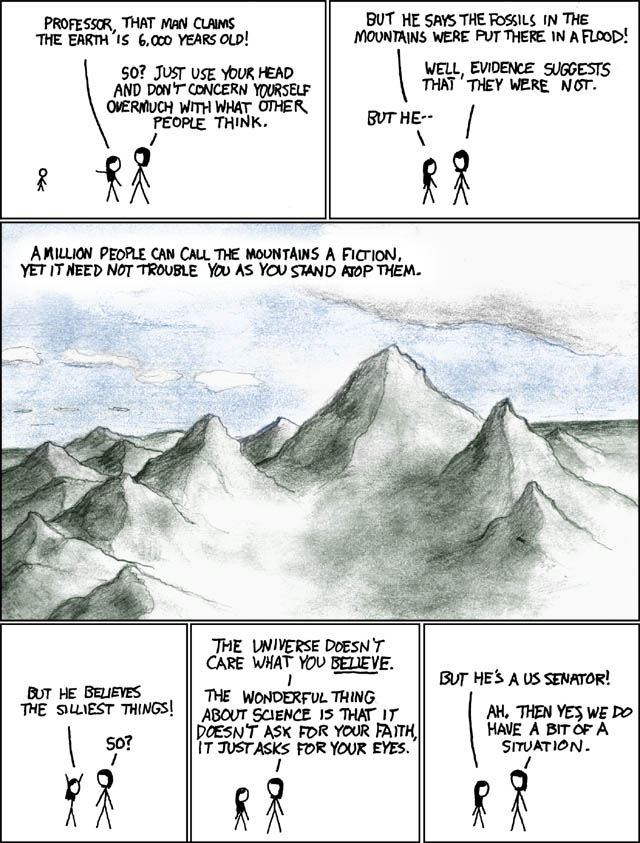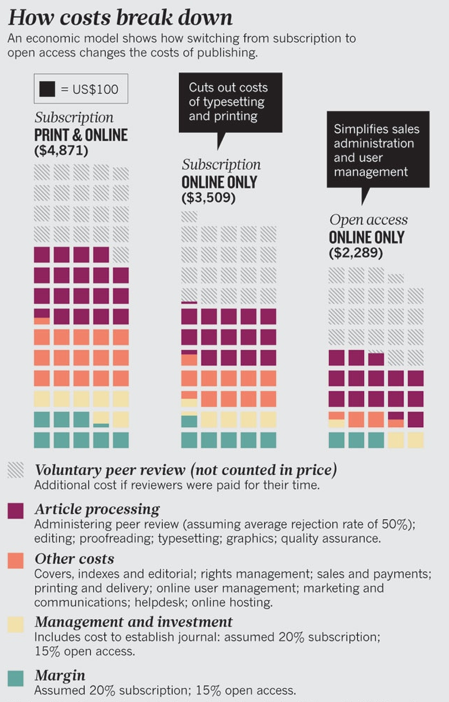I haven’t been able to work up much umbrage over the proposed move by Republican Congressman Lamar Smith to change the way the National Science Foundation grants are awarded. I think that the proposed changes are a bad idea, but would have much less practical effect than some people claim.
Via Phil Plait, I see that the Canadian government seems to be actually doing what people hyperbolically claim the Smith bill would do:
The government of Canada believes there is a place for curiosity-driven, fundamental scientific research, but the National Research Council is not that place.
“Scientific discovery is not valuable unless it has commercial value,” John McDougall, president of the NRC, said in announcing the shift in the NRC’s research focus away from discovery science solely to research the government deems “commercially viable”.
I don’t know enough about Canadian science, or Canadian government workings in general, to be sure, but this sounds exactly like what Lamar Smith wants to do in the US. The difference is that it appears to be actually happening in Canada, whereas even if Smith’s bill were to pass, I don’t think it would have the effect he’s aiming for.
Perhaps the most shocking thing about this is that it’s being done with the approval of the head of the National Research Council, who actually said
“Scientific discovery is not valuable unless it has commercial value.”
It’s easy to imagine this sentence coming out of the mouth of a member of the US Congress, but not from the head of, say, the National Science Foundation.
Phil Plait on why this is wrongheaded:
This is monumentally backwards thinking. That is not the reason we do science. Economic benefits are results of doing research, but should not be the reason we do it. Basic scientific research is a vast endeavor, and some of it will pay off economically, and some won’t. In almost every case, you cannot know in advance which will do which.
In the 19th century, for example, James Clerk Maxwell was just interested in understanding electricity and magnetism. He didn’t do it for monetary benefit, to support a business, or to maximize a profit. Yet his research led to the foundation of our entire economy today. Computers, the Internet, communication, satellites, everything you plug in or that uses a battery, stem from the work he did simply because of his own curiosity. I strongly suspect that if he were to apply to the NRC for funding under this new regime, he’d be turned down flat. The kind of work Maxwell did then is very difficult to do without support these days, and we need governments to provide that help.

